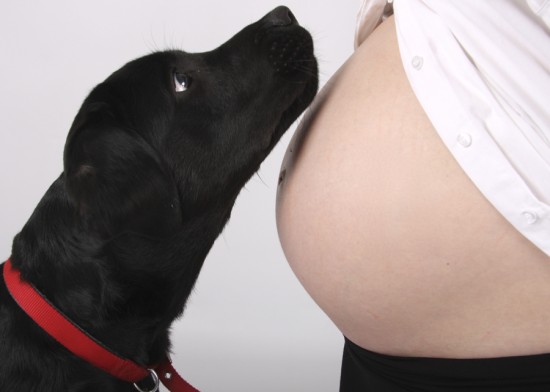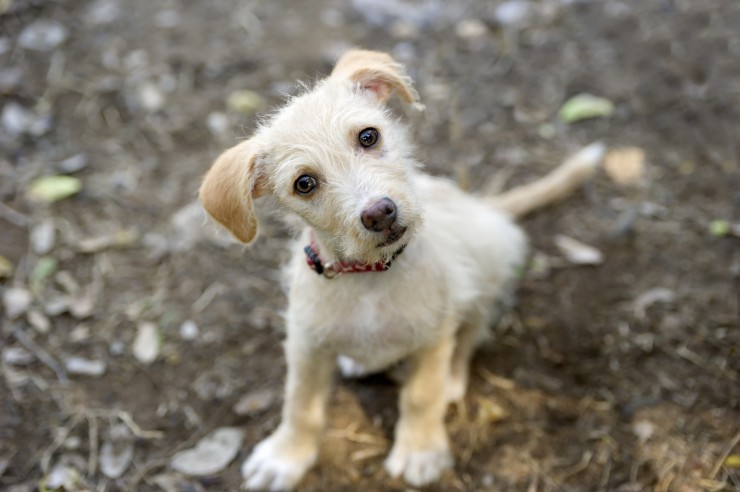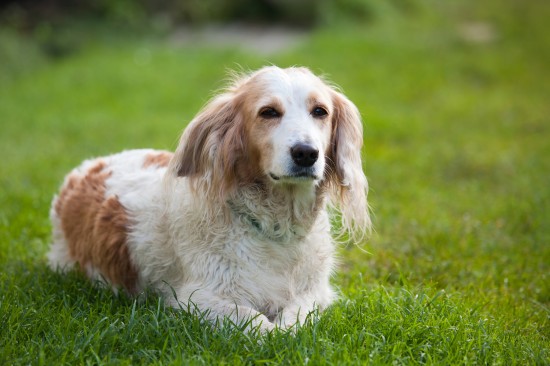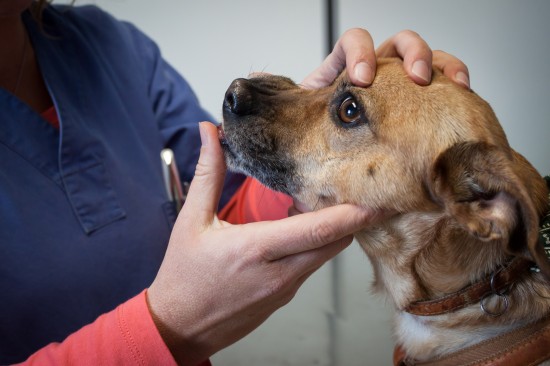There have been several recalls on commercial dog foods in recent years that have left pet-lovers worrying about the quality of their furry friends' diets. Manufacturing processes that prioritize profit over quality, low-grade ingredients, the presence of chemicals and preservatives are all factors that weigh heavily on the mind. To do away with this anxiety and ensure your best friend's health, you can do one of two things: swap to one of the organic, high-quality, expensive products available from more scrupulous manufacturers, or learn how to make natural dog food at home.
There are many recipes online for nutritious, natural dog food, and this article will give you a basic recipe to go by, but this article is meant to be a guideline, not professional advice. Also remember that certain breeds have specific dietary needs, and that (like humans) some dogs also suffer from allergies, and there are many conditions, diseases and other ailments that can be helped or hindered by diet. Size, lifestyle and age are also factors that should impact on your choices regarding ingredients, preparation and portion sizes.
Your vet is the best person to advise you and should - always - be consulted (and approve) regarding changes to your pet's diet, recipes and other dietary details - before you implement them.
As a general rule, a healthy canine diet should contain a balance of proteins, fats and carbohydrates. A supplement of minerals and vitamins should also be included, according to your animal's weight and your vet's instructions. Dogs require calcium, and bonemeal (human/dog-consumption grade - never use gardening bonemeal, as it can contain dangerous chemicals and other toxins) or powdered egg-shell can be added to your dog's food to make sure he/she gets the required amount.
As carnivores, dogs need a diet that is around forty-percent protein. Cooked ground lamb, beef and poultry are excellent sources of protein. Use good-quality meat, free of chemicals, hormones and antibiotics. Many organic meat butchers have pet sections to fill this particular need. Liver, kidneys and other organ meat are very good, and an occasional egg also will not go amiss and your furry friend will adore you for it.
As for the other sixty percent, the following ingredients are wholesome, natural and your favorite mutt will love their taste: quick-cooking grains like rolled oats, whole-wheat, cornmeal, bulgur, couscous and quinoa; other grains like brown rice, barley, millet and wheat berries; frozen veggies like cut green beans, lima beans, peas and corn; fresh veggies like thinly grated carrots or zucchini, yams/sweet potatoes, baking potatoes, and broccoli.
Note - The Following Foods Are Toxic To Canines: onions and onion powder, chocolate, coffee (in any form), tea, alcohol, macadamia nuts, grapes and raisins, tomato leaves and stems, the green parts of potatoes (peels, foliage, sprouts), rhubarb leaves, fruit pits and seeds, almonds. Vegetables that contain high levels of oxalic acid will hamper your dog's ability to absorb calcium, so, although they are not specifically toxic, avoid spinach, rhubarb and swiss chard. Also, do not feed your dog 'table scraps'. Allow all cooked food to cool to room temperature before feeding, to avoid stomach upsets and accidental burns.
A basic natural dog food recipe for a medium to large individual: a cup/1.5 cups of roasted chicken chopped into small pieces; a cup of cooked barley; half a cup of cooked grated carrots; half a cup of cooked green beans; a tablespoon of organic plain yoghurt.

 Babies And Dogs... Introducing Your Dog To Your New Baby
Babies And Dogs..
Babies And Dogs... Introducing Your Dog To Your New Baby
Babies And Dogs..
 A Few Myths About Rescue Dogs Debunked
A Few Myths About
A Few Myths About Rescue Dogs Debunked
A Few Myths About
 10 Tips For Dogs With Diabetes Mellitus
10 Tips For Dogs
10 Tips For Dogs With Diabetes Mellitus
10 Tips For Dogs
 What White Gums In Dogs Means
What White Gums I
What White Gums In Dogs Means
What White Gums I
 Cleaning Products And Pets
WOW! WOW! I was going to write a short article about cle
Cleaning Products And Pets
WOW! WOW! I was going to write a short article about cle